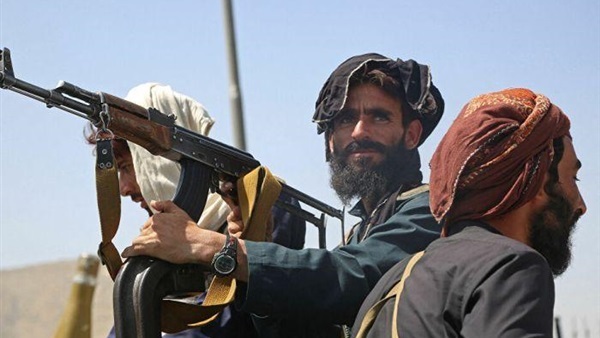Concerns about the Transformation of the Return Committee into a Trap for Former Afghan Government Officials

Since the Taliban's takeover of power in Afghanistan,
there have been significant concerns among former government officials
associated with the fugitive Ashraf Ghani administration, who fear the
retribution of the movement. Despite the Taliban's repeated assurances of their
willingness to facilitate the return and integration of these individuals into
society, their actions on the ground often contradict their declarations. One
such contradictory move is the formation of a committee for the return of
political figures from abroad, sparking fears that this committee could be a trap
to ensnare them.
The Taliban recently announced the return of 680
officials from the previous Afghan government following the establishment of
the Return Committee. These returnees include former ministers, ministry
deputies, security force officials, and other high-ranking individuals.
Ahmadullah Wahej, the spokesperson for the Taliban's
committee for engaging with political figures, confirmed that those who
returned upon the committee's invitation are of considerable stature, including
politicians and high-ranking officials from the previous government. Many have
received requests to return to Afghanistan and will be entering the country
shortly. The Taliban has also invited political figures to the country and
granted them immunity cards.
Since taking power, the Taliban's actions have not
instilled confidence in their repeated promises among politicians. Their
actions have included pursuits, extrajudicial killings, and enforced
disappearances, which have occurred outside the realm of the law. Within a year
of seizing power, the United Nations reported 72 extrajudicial executions by
the Taliban.
Nada Al-Nashif, Deputy High Commissioner for Human Rights
at the international organization, stated before the Human Rights Council,
"Between August and November 2021, we learned from reliable sources about
more than 100 extrajudicial executions of former members of the Afghan National
Security Forces and others affiliated with the previous government."
In the latest case, Bayandeh Mohammad Arab, a
representative for Sar-e Pol province in the fifteenth round of parliament, was
sentenced to death for a double homicide that occurred years ago. Local media
reports suggest that the Taliban issued this judgment, accusing this former
government official of involvement in the "Dasht-e Leili" massacre in
Jowzjan province nearly twenty years ago. It is worth noting that the former
parliamentarian's brother was also involved in the military forces of the
Afghan National Islamic Movement led by Abdul Rashid Dostum in battles against
the Taliban in the 1990s. The recent ruling appears to be an act of vengeance
by the Taliban against his brother, who had fled to the United States.
Dr. Mohammad Sayed, an expert in Asian affairs,
emphasizes that the Taliban do not forget their grievances. Their history since
returning to power and their ongoing conflicts with opposition factions
underscore that vengeance remains a driving force in their agenda. It is
plausible that such return invitations could indeed transform into traps for
capturing adversaries of the former regime or members of entities that have not
forgotten their history with the Taliban. The situation is far from resolution,
and revenge may continue to define their interactions.







